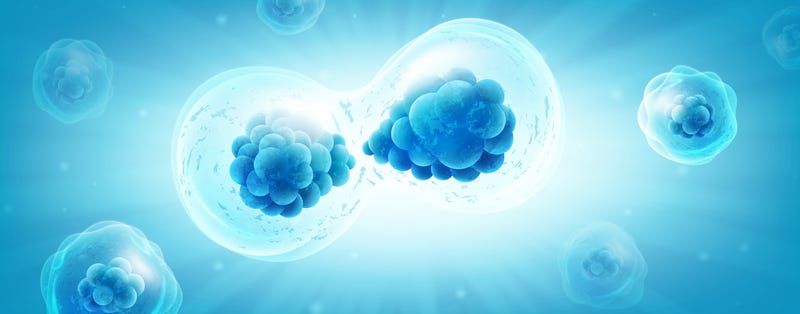
SAN FRANCISCO (KCBS RADIO) – Researchers at UCSF have developed a new 'cellular glue' that can help heal wounds and regenerate tissue, according to a study published Monday in the journal Nature.
For more, stream KCBS Radio now.
The discovery is a major step in building tissue and organs, a major part of regenerative medicine.
"We've found a way to control and engineer how cells are able to stick together and form very specific structures," said Dr. Adam Stevens, Hartz Fellow in the Cell Design Institute at UCSF and first author of the paper on KCBS Radio on Monday.
Our bodies consist of trillions of cells, which stick together in very particular ways to form tissue, like with skin or even neurons in the brain. Adhesive molecules help keep these structures together.
Now, these researchers have been able to program these cells to stick together in an easily customizable manner.
This is important in disease or injuries that damage cells. Cells suffering damage often lose the connection that they once had with one another and can’t be repaired.
"These could potentially be applied, in the long term, to engineer therapeutic cells that then traffic to these sites of disease and restore connection," said Stevens.
Heart disease is a major disease that these types of of cells could help repair.
But it is still early days, and more research is needed to better understand the scope of how this could be used as treatment.
"Being able to reconnect cells is one step that could be a useful tool within the process," he said.
DOWNLOAD the Audacy App
SIGN UP and follow KCBS Radio
Facebook | Twitter | Instagram

